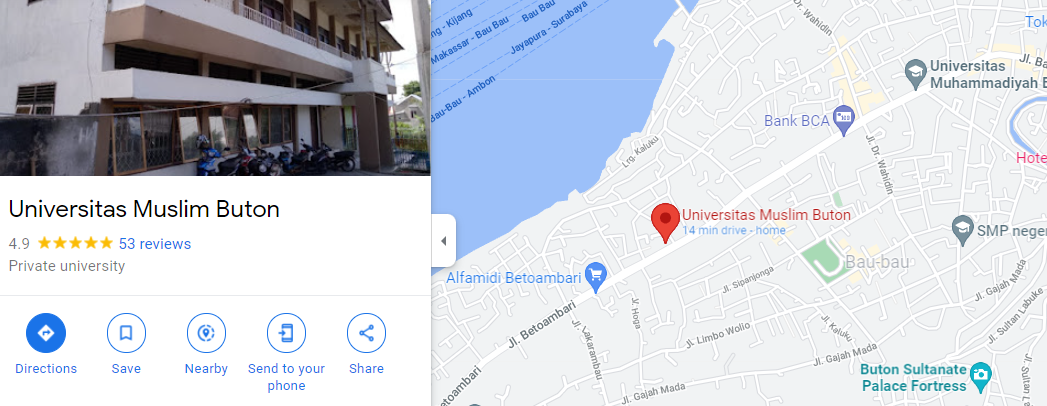Evaluasi Tingkat Keberhasilan Inseminasi Buatan (Ib) Pada Sapi Bali Di Kecamatan Baito Kabupaten Konawe Selatan
Abstract
Artificial insemination is an innovation program in animal husbandry reproductive biotechnology by injectingthawed and pre processed spermatozoa or semen originating from male livestock into the female genital tract using an insemination gun. The purpose of this study was to identify the total number of cooperator breeders, officers and acceptor cattle breeders, evaluate the level of participation of stakeholders, the success rate of synchronization and the pregnancy rate of acceptor cattle in the artificial insemination activities in Baito Subdistrict, South Konawe Regency. The research method used purposive sampling with the number of respondents being 55 breeders, 3 officers and 67 Bali Cattle. The research Variables consist of cooperator breeders and acceptor cows, level of stakeholder participation, success rate of oestrus synchronization of acceptor and pregnancy rate of acceptor cows, and service per conception. The data obtained were tabulated and analyzed descriptively. The results showed that the total cooperator breeders and acceptor cows was classified as high as 31 people (56,36%) ad 24 people were classified as moderate.The success rate of synchronizing IB with the duration between synchronization and the occurrence of estrus, an average of 69 hours with estrus quality of 2,76; S/C 2,76; NRR 21 days, 30 days and 60 days in Baito subdistrict, South Konawe Regency respectively 77,56%, 78,41%, and 76,47%, CR 68,26%.




















